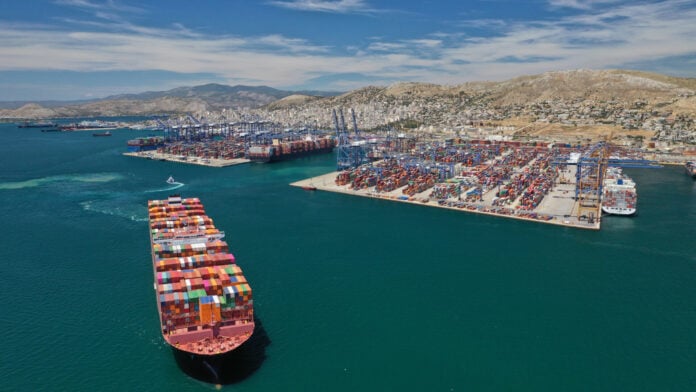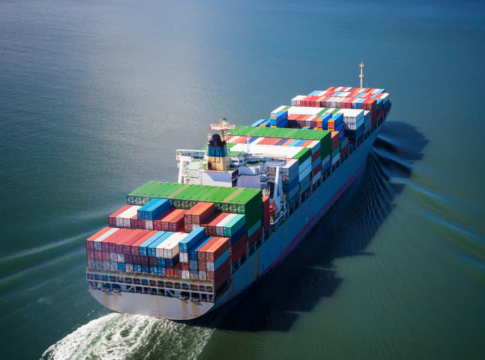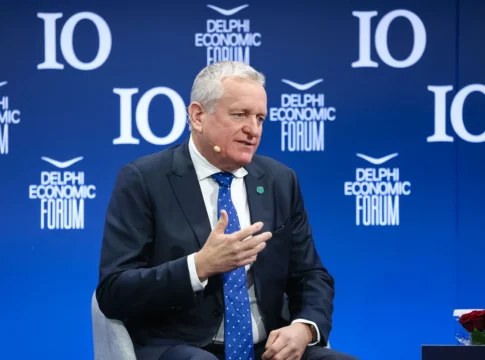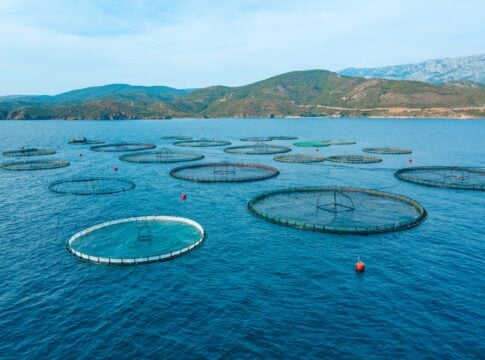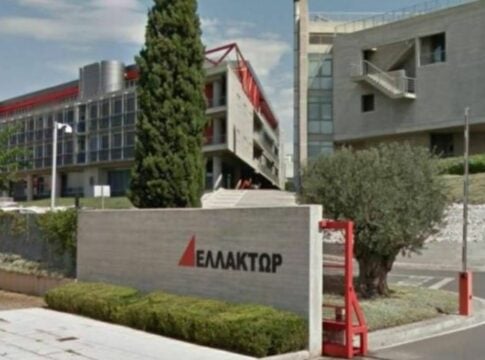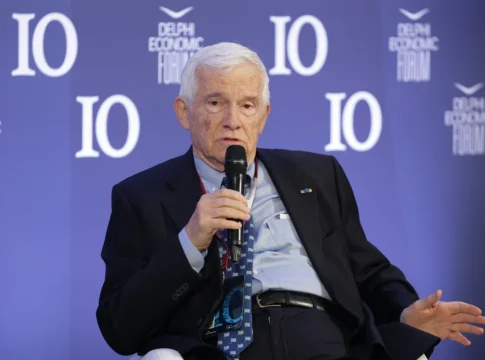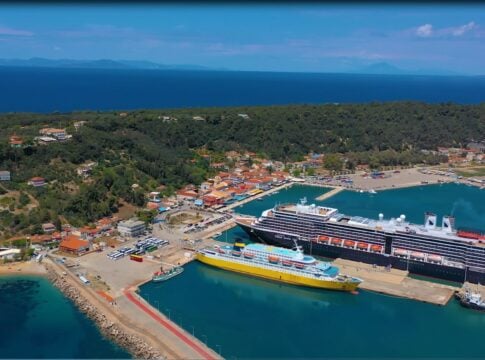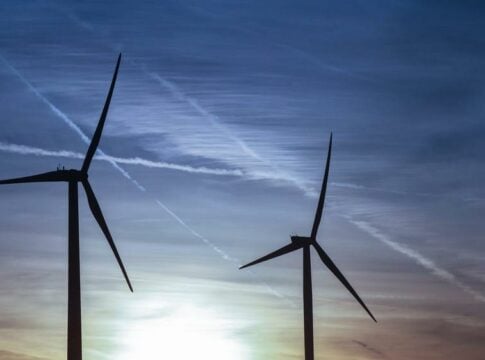Over the past five decades, Greece and China have developed strategic partnerships, reaping mutual benefits, mainly in the fields of communications, financial services, energy, maritime transport, shipbuilding and port operations.
Today, China is the engine of global shipping, as it is responsible for 50% of the trade in bulk carriers, while at the same time it is the largest importer of oil in the world. It has also developed the “The Belt and Road Initiative” program, which connects China by land and sea with the rest of Asia, the Middle East, Europe and Africa. This program also includes the port of Piraeus, which is the maritime trade gateway between China and Europe.
A very large part of China’s trade is carried out by Greek-owned merchant ships, since the fleet of Greek interests constitutes 21% of the world’s tonnage in terms of dwt. It is noted that one in four tankers as well as 18% of bulk carriers are Greek.
At the same time, Greek shipowners have recently built around 1,300 ships in Chinese shipyards.
In the framework of the close cooperation between the two countries in the shipping sector, the “Naftemporiki” Media Group, with the oldest economic and business newspaper in Greece, which counts almost a century of uninterrupted circulation, the website naftemporiki.gr which remains among the top choices of online news, and the new economic content TV channel Naftemporiki TV, joins forces with China Global Television Network/CGTN, China’s leading English-speaking international media, to co-organize a conference with key pillars of discussion “shipping and transport – ports.”
The Dragon’s Head
China’s great influence on the global economy, and of course on shipping, became widely known from 2003 onwards. It is the time when the dry cargo market was breaking one record after another, driven by Chinese demand.
In May 2008, just before the global financial crisis, which also crashed shipping markets, the BDI index reached historic highs due to very high demand from China. In the years to come, the large Asian economy largely affected shipping markets.
At the same time, the largest Chinese shipping group, Cosco, won an international tender in 2009 to manage the Container Terminal of the port of Piraeus. A port that is characterized by the Chinese authorities as the “Dragon’s Head” for Europe-China trade relations and is soon climbing to the top five largest ports in Europe.
A few years later, in 2016, Cosco emerged as the highest bidder in the Hellenic Republic Asset Development Fund’s (HRADF) international tender for the majority package of shares in the Piraeus Port Authority and took over the reins of the country’s largest port.
The conference and the speakers
The conference entitled “Wind in the Sails: New Opportunities for Europe and China” will be held on September 28, from 11.30 to 15.10, at Divani Apollon Palace, offering participants the chance to exchange views and hold meetings with leading representatives of the two countries.
The speakers will be high-ranking executives of shipping companies, shipowners, financial analysts and senior banking executives with long-term experience in their field, as well as representatives of agencies – organizations and the state. The discussion will be hybrid (in-person participation and online).
The official languages of the conference will be Greek and Chinese, with simultaneous interpretation in English.
The conference will be videotaped and broadcast by the financial-business channel Naftemporiki TV and CGTN and will be posted on their YouTube Channels. Related posts will be made on social media and will be covered by the journalists of “Naftemporiki” and naftemporiki.gr.
On the day of the conference, a special bulletin entitled “Focus on Shipping and Environment” will be distributed together with the printed edition of “Naftemporiki”.


